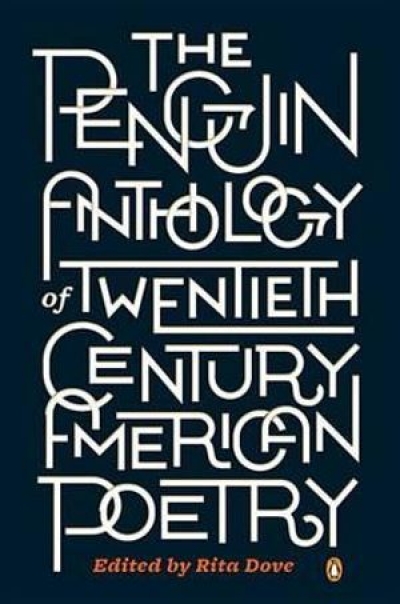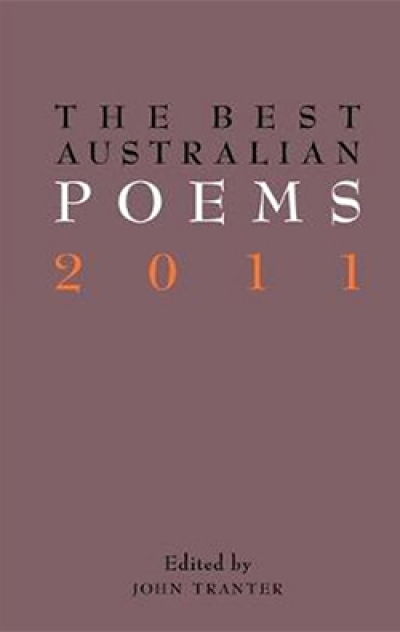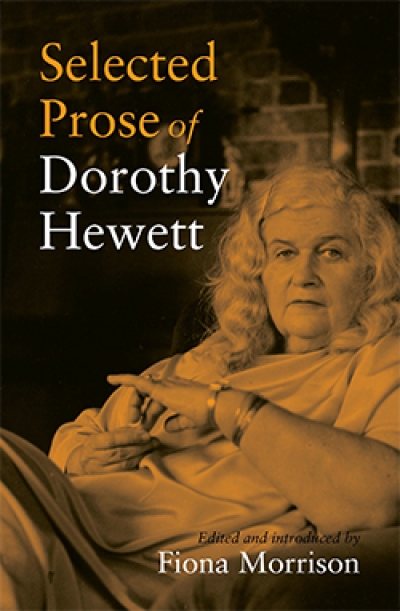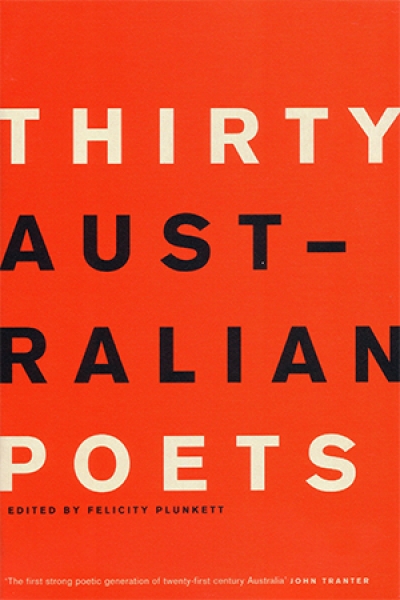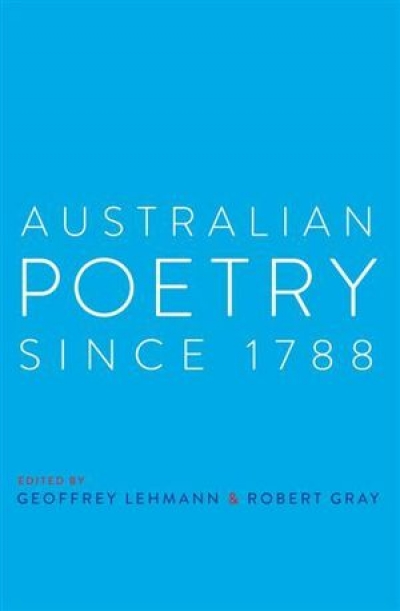Poetry
The Penguin Anthology of Twentieth-Century American Poetry edited by Rita Dove
by Paul Kane •
Who is Ozymandias?: And other puzzles in poetry by John Fuller
by Chris Wallace-Crabbe •
I first discovered Australian literature in Argentina. While I was there studying Argentinian literature at the University of Buenos Aires in 2009–10, I spent many nights hunched over the table in our dingy kitchen with one of my housemates, Teresa. We would pick over the politically infused vernacular of the short stories ...
... (read more)Thirty Australian Poets edited by Felicity Plunkett
by Fiona Wright •
Australian Poetry since 1788 edited by Geoffrey Lehmann and Robert Gray
by Michael Hofmann •
Australian Poetry Journal: Beginnings edited by Bronwyn Lea
by Peter Kenneally •


